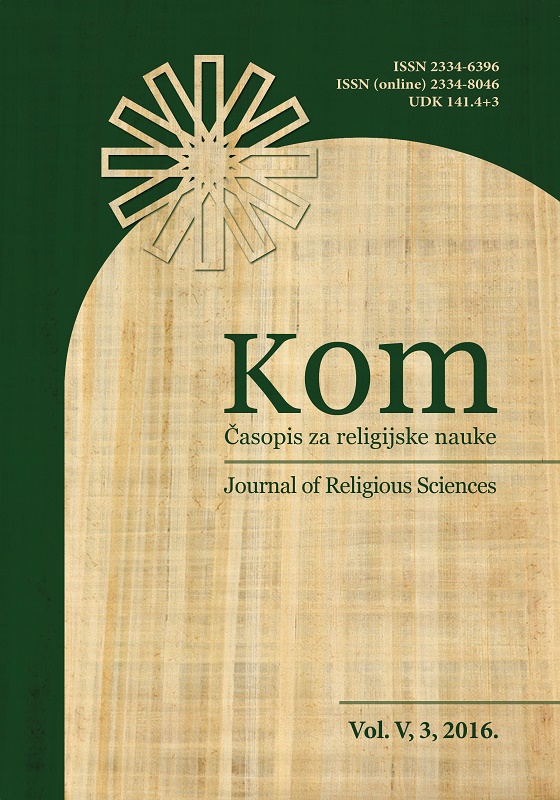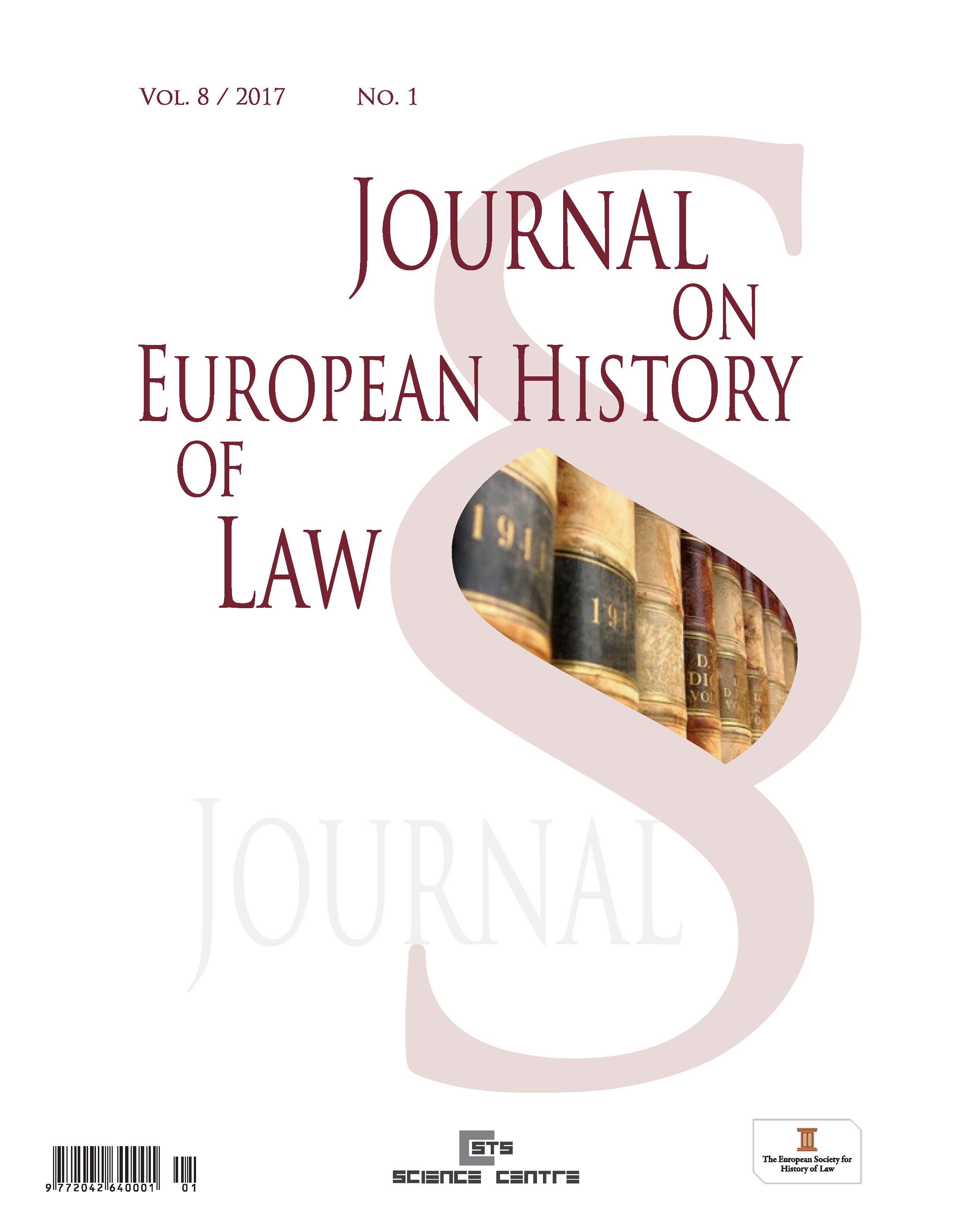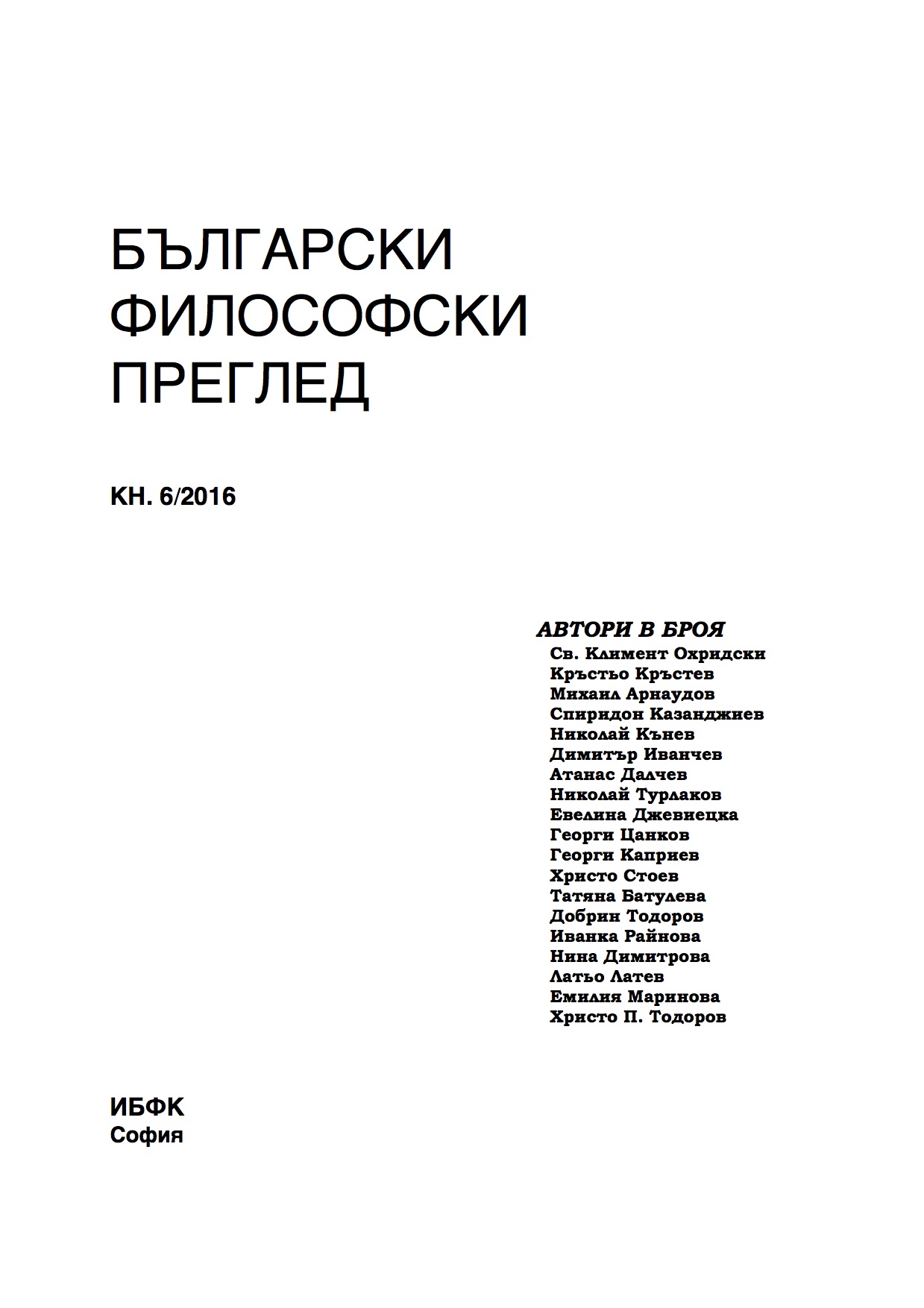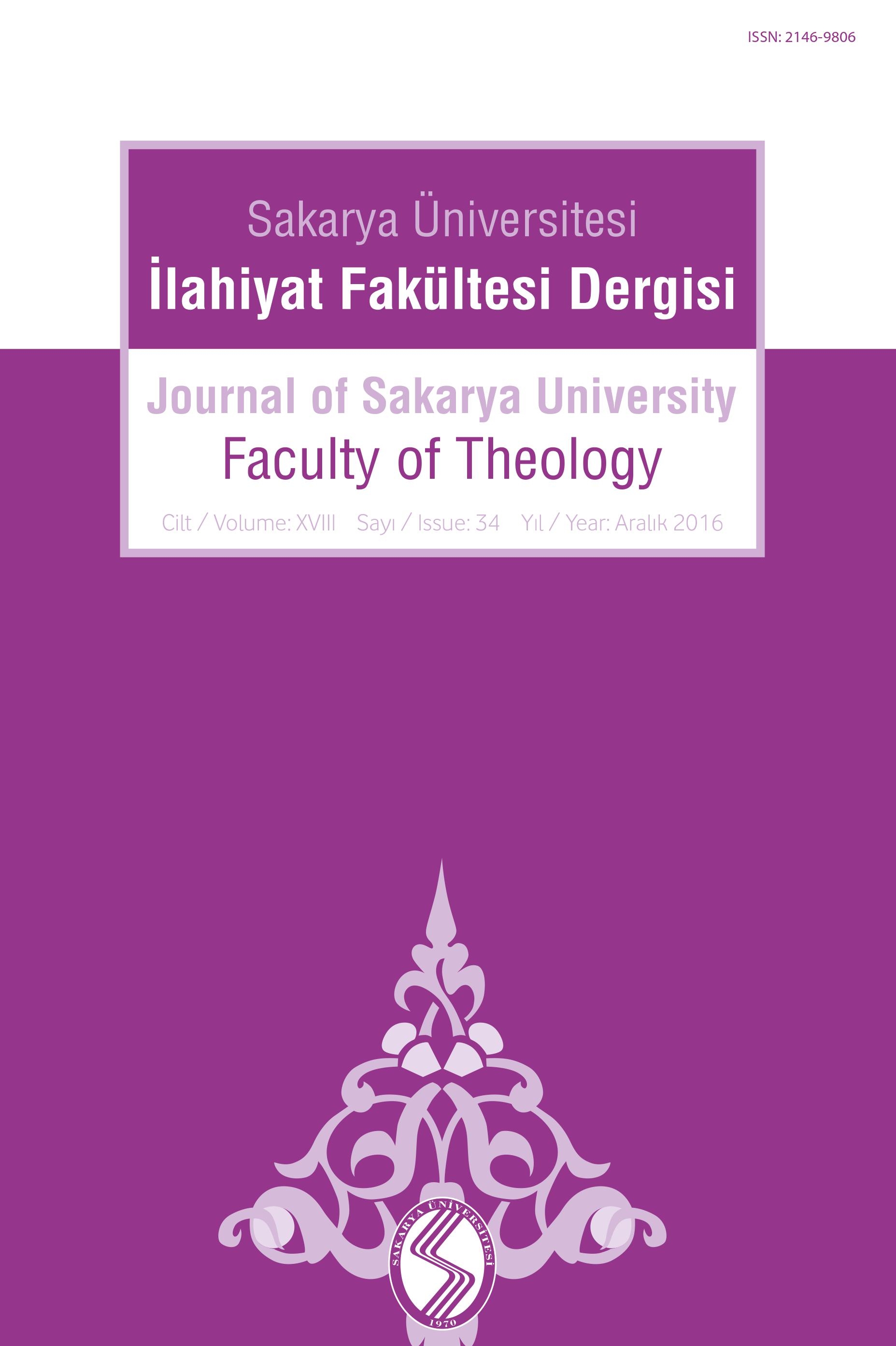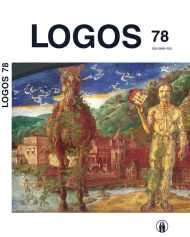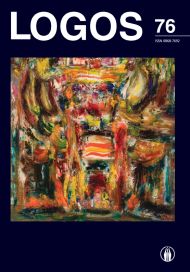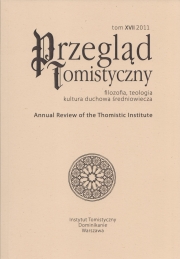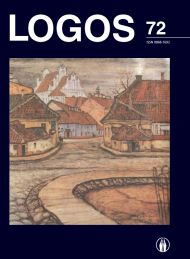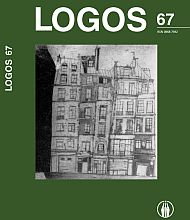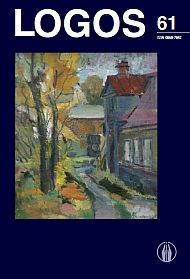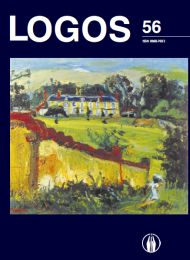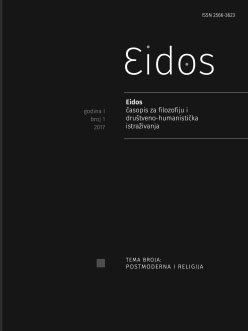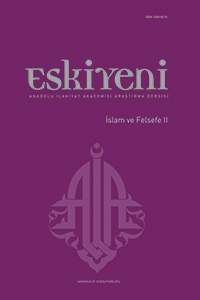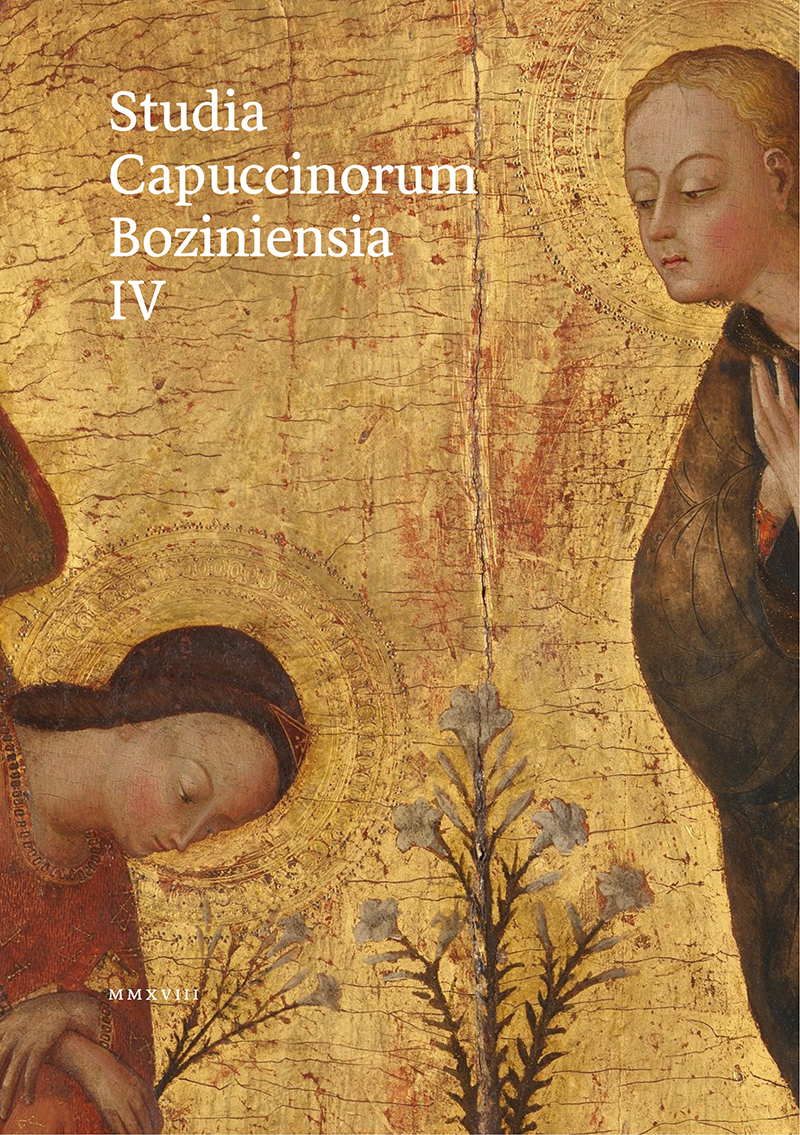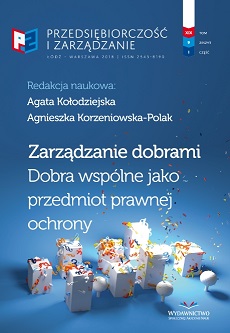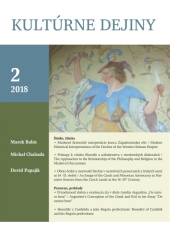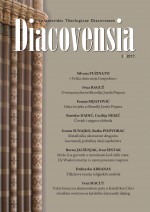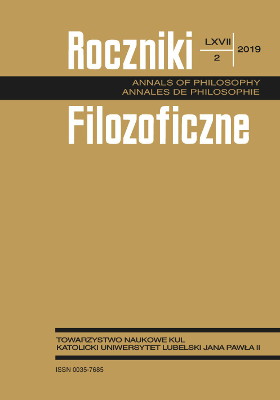Author(s): Michal Chabada / Language(s): Slovak
Issue: 2/2018
The goal I pursue in this article is to look at the medieval discussions on the relationship of philosophy and religion from a systematic point of view, i. e. I will try to identify, classify and characterize different perspectives on solving this problem. In doing so, I draw some remote inspiration from the Wittgensteinian concept of “family resemblances” (Familienähnlichkeiten). The central criterion in distinguishing between them is the degree of autonomy attributed to philosophy or religion and the nature and extent of criticism directed at philosophy or religion. Based on this concept, we can delineate four main approaches: radical / moderate philosophical approach and radical / moderate religious approach. The present attempt is a combination of the historical approach with a systematic one. Based on a set of common and similar traits, there emerges a unifying account that can provide a meaningful “meta-orientation” in the chosen historical-philosophical topic.Most of the accounts of the medieval discussions on the relationship between religion and philosophy have either a historical or philosophical character, or this relationship is presented only in the context of the work of one selected author. The goal I pursue in this article is a different one. I will attempt to look at the medieval discussions from a systematic point of view, i. e. I will try to identify, classify and characterize different perspectives on solving this problem. In doing so, I draw some remote inspiration from the Wittgensteinian concept of “family resemblances” (Familienähnlichkeiten). To achieve my goal I choose several figures who may be regarded as exemplary representatives of one or the other position. I am aware that attempting to systematize the main philosophical attitudes brings with it the risk that the result will not exhaustively capture all the developments in the opinions of the investigated authors and that some authors could be attributed to two or more approaches. Therefore, the present account of the main positions is meant to be preliminary and open to further corrections or criticisms.I maintain that in the medieval discussions on the relationship of philosophy and religion two major positions can be identified. In view of the first one, it is rational / philosophical knowledge that is accentuated, whereas in the second one the emphasis is put on the primacy of faith / religion. Within these two main positions, it is possible to distinguish between radical and moderate approaches. The central criterion in distinguishing between them is the degree of autonomy attributed to philosophy or religion and the nature and extent of criticism directed at philosophy or religion. Based on this concept, we can delineate four main approaches: radical / moderate philosophical approach and radical / moderate religious approach.The kernel of the radical philosophical approach (Al-Farabi, Averroes) lies in the claim that only the philosophical / rational truths are true in the absolute sense and therefore superior, whereas the religious truths are held to be true only in a derivative sense and are thus subordinate to philosophy. According to radical philosophers, philosophy offers scientific knowledge of principles in theoretical and practical sciences and supports them with syllogisms. Human reason is understood to be the highest power of the soul, the competence of reason is highly appreciated, and the world is seen as capable of rational interpretation. Religion, on the other hand, is denied its theoretical autonomy, often being portrayed as a mere derivative or imitation of philosophy. Religious truths are interpreted as a metaphorical-rhetorical expression of the truths of philosophy, and religious regulations as predominantly legal concretizations of general philosophical principles of practice. However, religion as a whole is not rejected, since by expressing the truths of philosophy in a metaphoricalrhetorical and concrete form, religion makes these truths accessible to the unlearned masses and thus fulfils a significant social function in the moral education of the masses. Philosophy and religion represent two paths to happiness, but their viability differs according to the nature of the individual person: the philosophical path is more perfect, superior, and in general intended for the educated / rational elite, while the religious path is incomplete, subordinate, and more suited for the broad masses of believers.In the moderate philosophical approach (Boethius of Dacia), philosophy is understood to be a human science based on rational argument. Again, philosophy is intended only for the educated elite; it is either indifferent to religion or is open to it at best. Importantly, philosophy is not held to be competent to pass judgement on the articles of faith. Despite the positive appreciation of the capabilities and autonomy of human reason in the study of reality, philosophical investigation remains to be limited to the human perspective, and in this way its competencies and demands are restricted. Religious truths are considered to be superior because they come from revelation that transcends the limits of human science. Therefore, it is possible to say with no negative connotations that theology is not a science, or rather, that it is a science sui generis. The moderate philosophers do not criticize and do not act negatively against religion, but rather respect its superiority and autonomy for practical and theoretical-methodological reasons. According to them, philosophy and religion are two autonomous areas with their own subject matters, methods, and definite competencies, and it is appropriate to respect both of them. Philosophy is an autonomous way to happiness, but it is not an equal alternative to the religious path, because religion comes with a promise of happiness that totally exceeds human possibilities.In the radical religious approach (Al-Ghazali), religious truths are viewed as superior to philosophical ones, because they come from the revelation of God which is true in every aspect. Philosophy and human reason are the target of constant criticism, their imperfection and falseness are strongly pointed out. Philosophy / human reason is partly denied its autonomy because of the fact that theoretical and practical philosophical truths are viewed as a derivative of religious law. The criticism of reason leads to elevation of the will of man and God to the rank of the highest power, which nourishes further development of modal logic. This critical attitude, however, does not lead to a flat condemnation of philosophy as such. Some philosophical disciplines are accepted (logic, part of ethics), but others are totally rejected (metaphysics) as a source of delusions and heresies that threaten religion. Philosophy needs to be revised and only afterwards will be capable of becoming a useful tool for religion / theology. Overall, it is emphasized that philosophy / human reason must be approached from a religious perspective. Philosophy is urged to acknowledge its subordination or the attitude of humility towards religion in both theoretical and socio-ethical dimensions. Philosophy is not admitted as a separate alternative way to attain happiness, since whenever there is any tension between religion and philosophy, religion must always be preferred.In the moderate religious approach (Thomas Aquinas), similarly to the radical religious one, religious truths are considered superior both theoretically and practically, philosophical truths are viewed as imperfect and subordinate. Unlike the radical religious approach, the moderate religious approach considers the human reason / philosophy to be autonomous, albeit firmly subordinated to religion / belief and restricted to the human / natural perspective. Although human reason with its imperfections and fallacies is being criticized, there is also a positive view of its abilities. Human reason / philosophy leads to knowledge that can serve as a presupposition for supernatural truths of faith and be helpful in the contemplation, defense and spread of faith. The moderate theologians, unlike the moderate philosophers who avoid the interconnection of philosophical and religious discourses, are seeking to establish a synthesis between faith and reason. Theology is understood to be a science which, on the one hand, has similarities with philosophy (discursive character and syllogistic arguments), yet goes beyond philosophy and is regarded to be a sui generis discipline. Subjugation of reason / philosophy to faith leads to their greater perfection, and thus to more and more effective way of approaching God as the ultimate source of human happiness.The present proposal for systematization of a multitude of medieval viewpoints on the issue of the relationship between philosophy and religion is advanced as a working framework which allows to include individual authors as well as particular periods of the author’s intellectual development. As already mentioned above, this framework is open to criticism and revisions. Notwithstanding some legitimate doubts and potential drawbacks, I see this framework as inspiring in that it might represent a step towards abandoning a purely historical-philosophical inquiry, which is always prone to end in an incommensurable plurality of analyses of various authors. The present attempt is a combination of purely historical approach with a systematic one. Based on a set of common and similar traits, there emerges a unifying account that can provide a meaningful “meta-orientation” in the chosen historical-philosophical topic.
More...

